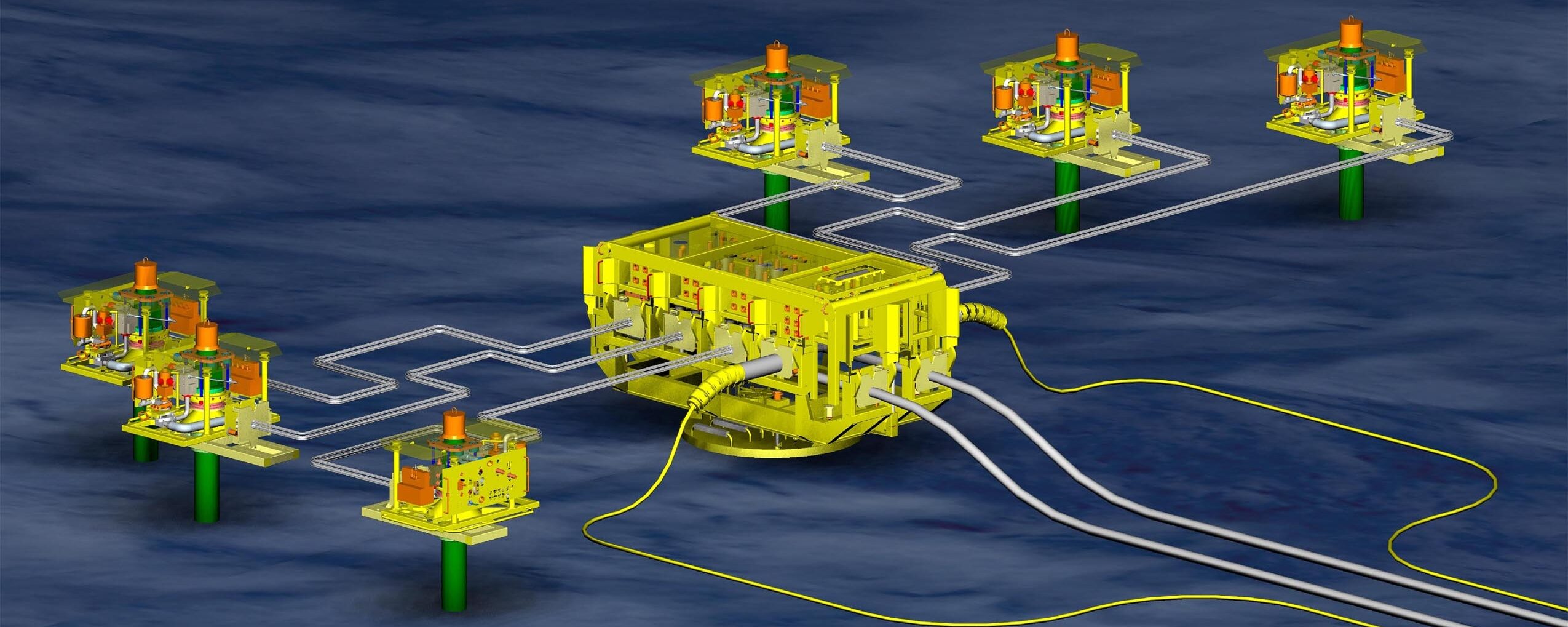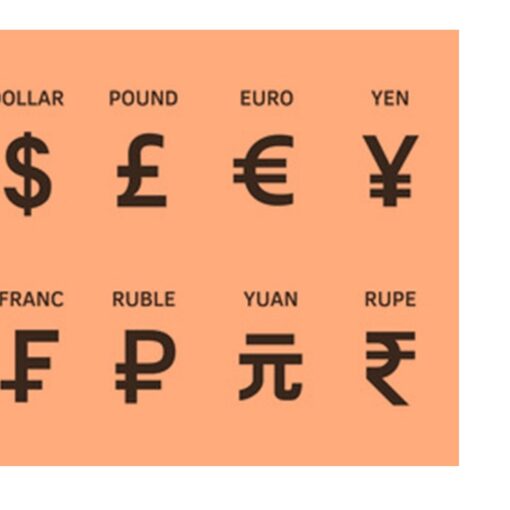The Global Underwater Hub (GUH), the organisation formerly known as Subsea UK, is in a bit of a quandary. GUH, an industry facilitator and promoter, wants to be all things to all people. It wants to promote the energy transition and the move towards offshore wind and hydrogen production as means of refocussing the national energy strategy – that is if there was one! – away from oil and gas towards renewables.
At the same time, in its heart of hearts, GUH knows that fossil fuels will have to be on the agenda for a few more decades as the national economy – there is one of these, but it is currently in recession, really! – and the workforce need the offshore industry for a while longer. This would all make more sense, of course, if the production of oil here actually had some impact on consumption which it doesn’t. The UK is a minnow – actually subatomic – in terms of world production and whatever it does produce goes into the international market, not into some nonexistent national oil reserve. With all of the tax breaks – oh excuse me, I mean incentives – given to the industry, the real impact on the economy may come more from the spending power of its workforce than tax on oil company profits into the Treasury. Gas is another matter. The UK uses all of its gas production and would use more if it had more. Unfortunately there is no transfer market where we could swap the remaining oil reserves for more gas. Thank goodness for Norway and, of course, the service and supply sector which is important on the world scene.
The truth in all of this if you doubt it was self-evident at this week’s Subsea Expo 2024 conference and exhibition which bills itself as the world’s biggest subsea event. I am not not sure what metric is used to establish that claim, but it is not by the presence of personnel from the oil and gas companies. Not many of those folk were seen about. There are a few events on the other side of the Atlantic which might be smaller in terms of total footfall, but have more influence due to operator attendance as a result of conference programmes which focus on project execution and new technology.
Speaking of programmes, the quandary was hardly more evident than here. The keynote speaker was Vicki Dawe, director of energy developments in the Department of Energy Security and Net Zero (DESNEZ?). Ms Dawe praised the renewables and hydrogen sectors effusively and did not mention oil and gas. She was followed onto the stage by GUH chief exec Neil Gordon who immediately asked if oil and gas projects were still on the table? Of course, they are because the current UK government is trying to rush through new legislation to make additional licencing opportunities available. So who to believe? The civil servant pushing the energy transition while the government does the opposite or the head of GUH whose remit is to push the alternative energy sources, but wants to know whether fossil fuels are still on the agenda? To give Neil his due, he also asked where the next offshore wind projects are going to come from, now that some seemed to be priced out of the market and this does not even consider the even more expensive floating wind projects. And the panel session included four nobodies – that is companies that are not exactly household names – with no connection to oil and gas. Alas and alack, we are in a mess.
**********
It always nice to learn new things which I did on day two of the Expo, particularly during the decommissioning session. For example, decom is now no longer just stop producing and scrap with some recycling if possible. There is a something called the circular economy which wants to see re-use and repurpose before recycle. A success story in this arena is Legasea which came onto the scene just before the pandemic in 2020. Its refurbishment strategy included the expectation of picking up six obsolete or unused subsea xmas trees per annum. The reality is that it has refurbished 60 trees over three and a half years. Not only that, but various OEMs – that is original equipment manufacturers – have directed clients over to Legasea when they couldn’t meet delivery deadlines required with new hardware and suggested that refurbished equipment, usually connectors, stab plates and the like, might fit the bill. Good result for Legasea.
On the repurpose side, Sam Long of Decom Mission, formerly Decom North Sea, told the gathering that John Lawrie Tubulars is offering old tubulars for civil engineering purposes such as piling and geotechnical products, another company is also offering OCTG for similar uses and ASCO is trying to find a use for the vast amount of concrete mattresses. And even older wind turbines are being looked at in various repurposing schemes.
Apparently one of the hot topics in decom is pipeline bundles. This will be difficult in the both recovery and recycling, but it presents challenges that often can be turned into business opportunities.



